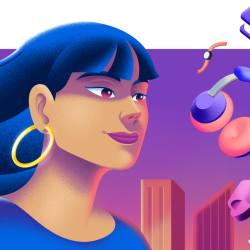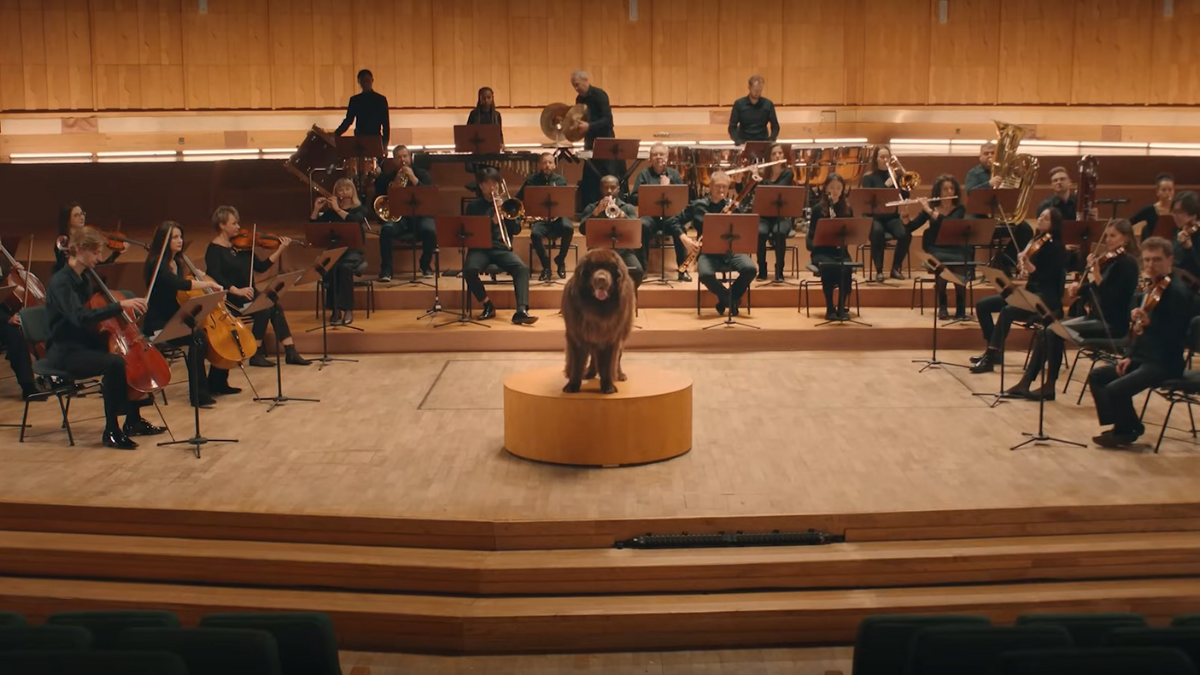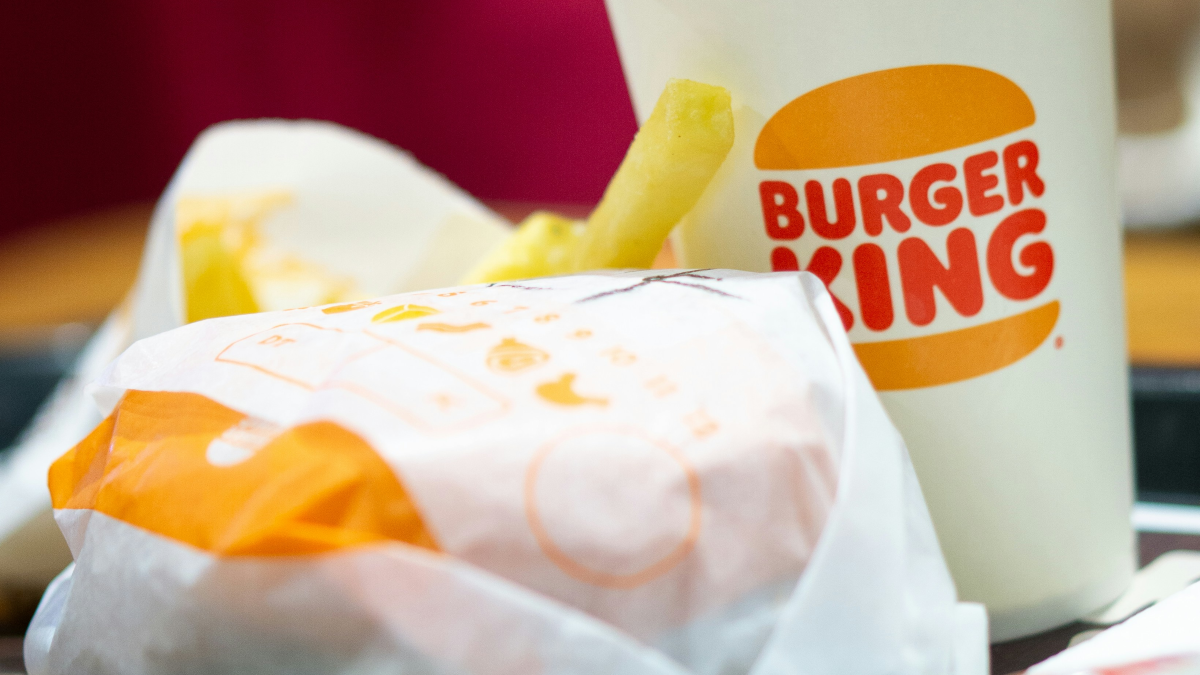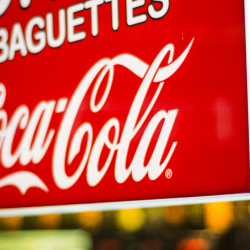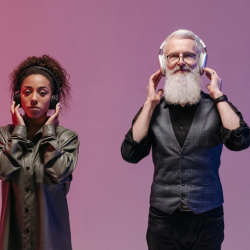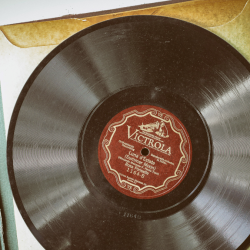You leave the house to go to the supermarket…
You have to buy flour because you want to make your home-made pizza. You get right to the flour aisle, you know exactly where it is. You get there, in front of the flour shelf… And the flour is not there. If we were in a supermarket, happiness would be on that one shelf always empty. The one we approach with such high expectations because only there we can find the product our dinner depends on.
That’s when we would change our plans. No home-made pizza for today. We would probably come back the next day but… same story. Empty shelf. No flour. No pizza. No happiness.
No panic. We know we can work on the problem. We can order happiness online. But still, out of stock again. Our last chance is the red button ‘Notify me if the item becomes available again.’ Days go by and the item is still not available. If happiness were a product, we would call customer service and ask, in a testy tone, ‘Is it possible that happiness is always sold out?’ Yes, it is.
In short, if happiness were a product, it would be the best product ever launched on the market.
Philip Kotler would be so proud to see the principles of marketing perfectly applied. The company behind this successful product was able to create a deep need by launching happiness in a super limited edition. An edition so limited it turns happiness owners into ‘unicorns’, sort of untraceable mythological beings. They are such a minority that possessing happiness is almost an embarrassment or an inconvenience, something to show carefully without boasting.
Well, as with any product on the market, if you create expectations, you increase demand. But if demand is not going to be ever satisfied, you generate discontent.
So, are we in the age of discontent?
We’ve been looking for this limited edition so hard that this search has turned into frustration, and frustration into discontent. What if we’d change happiness storytelling? What would happen if we stop seeking happiness from just one big company?
Let’s try trusting a start-up. A new small company with a different approach, able to transform the happiness old concept into something new.
A new era in which happiness is not something we can touch or find outside. But something that can be felt within us. In this new narrative, happiness is not a single touchable thing but a long series of feelings. Short, different, and often undetectable moments of happiness. At this point, happiness would no longer be a product, but a ‘lifelong moments’ collection. You get another point each time you feel you’re experiencing a happy moment. A sort of loyalty program for our lives. Every little moment of happiness would be a stamp to add to our life card.
By dint of being told that we can touch happiness with our hands, we have stopped noticing when we smile. Happiness is perhaps much simpler than we have been told. It is perhaps a loyalty program made of smiles. Let’s take note and stop to update the cart hoping that the limited edition will be available again.
P.S. Interesting reading about happiness and the narrative around it → The World Happiness Report 2022
Featured image: gbarkz / Unsplash

